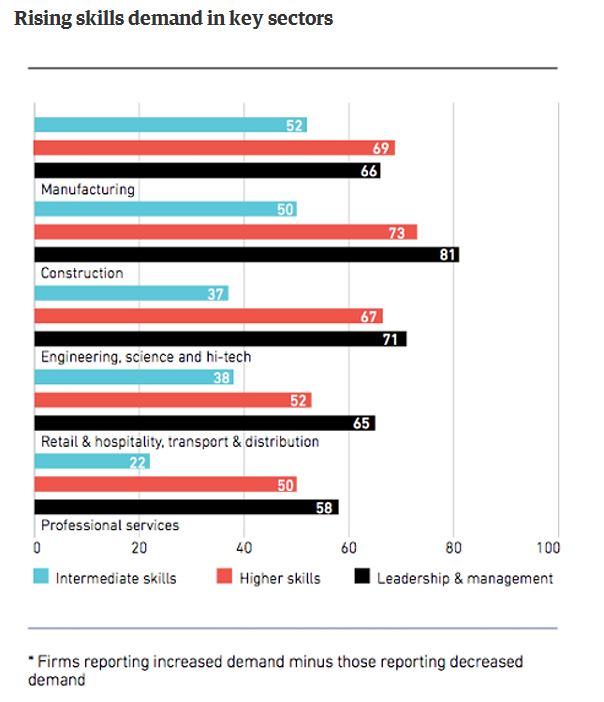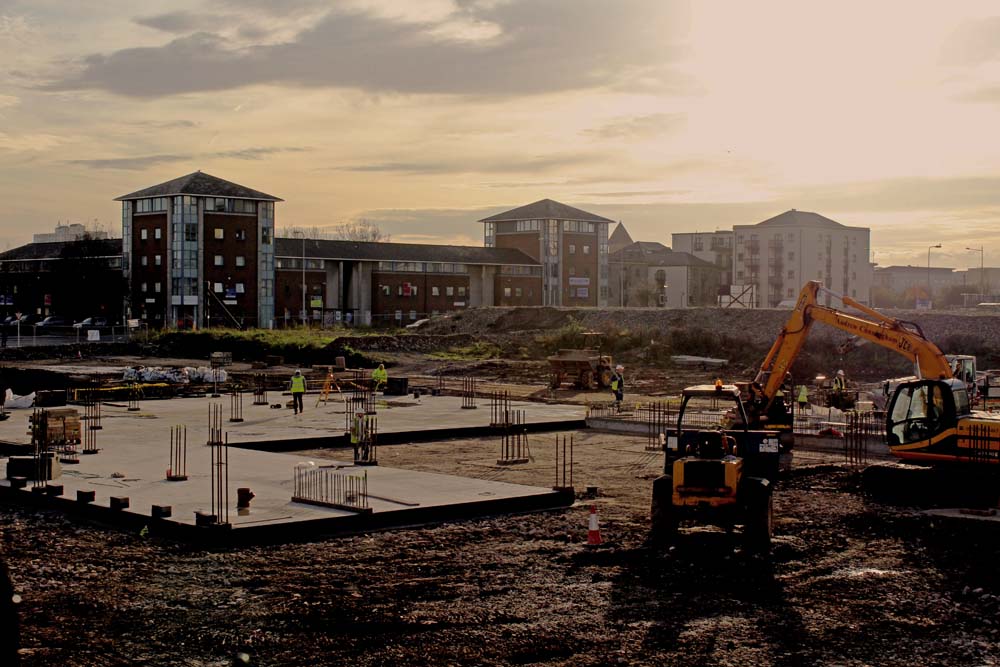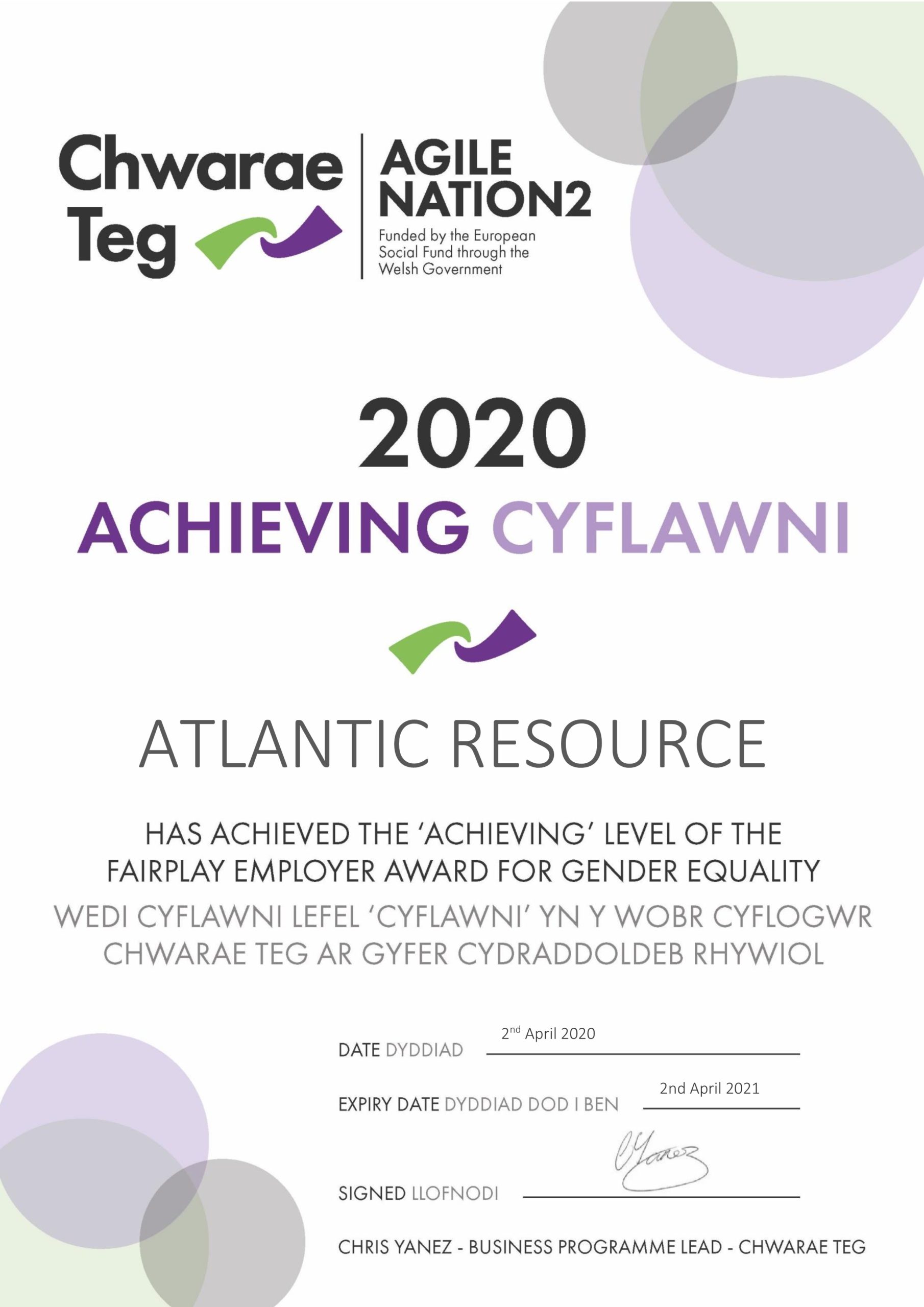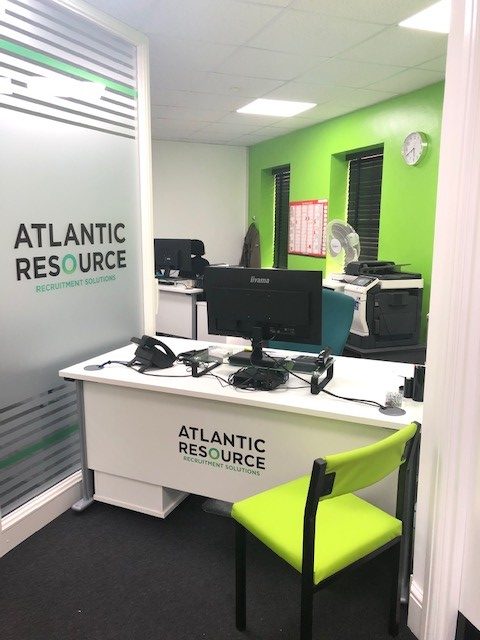It seems that not many people are confident. A new survey from the CBI this week revealed that more than half of UK employers fear they won’t be able to hire enough highly-skilled workers.The widely covered report has starkly warned that skills shortage is now “threatening to starve economic growth” and “firms are facing a skills emergency now.” So says CBI deputy director-general Katja Hall. This isn’t a new debate of course. Skills shortages in science, technology and engineering subjects have long been discussed, many events and meetings held, many chins scratched. With technology, much greater emphasis has been placed on teaching coding skills to young people, and even introducing it into the curriculum. With the speed that technology continues to develop, even that appears far from failsafe, but it is something. In engineering, construction and scientific vocations, potential solutions to the skills shortages are even more difficult to find.
This isn’t a new debate of course. Skills shortages in science, technology and engineering subjects have long been discussed, many events and meetings held, many chins scratched. With technology, much greater emphasis has been placed on teaching coding skills to young people, and even introducing it into the curriculum. With the speed that technology continues to develop, even that appears far from failsafe, but it is something. In engineering, construction and scientific vocations, potential solutions to the skills shortages are even more difficult to find. ApprenticeshipsIn last week’s Budget, the UK’s Conservative government announced a levy on large employers to fund new apprenticeships.“By developing the skills of young people, businesses can boost their productivity, employees can harness their talent and we can reach our potential as world beaters.” – Skills Minister Nick BolesMost businesses are expected to need more staff who are highly skilled. Based on 310 firms employing 1.2 million people in the UK, the survey showed more than two-thirds of businesses will need more talent, and over half feared they wouldn’t find it.Most under pressure are said to be high growth, high value sectors including construction, manufacturing and engineering: all sectors in which Atlantic Resource has a vested interest.While the levy might help fund more apprenticeships, in construction any impact is likely to be reduced. There are already levies on training, and more apprenticeships does not necessarily equal higher quality or the advanced skills the sector needs. Indeed, Hall said that two-thirds of construction employers are already reporting skills shortages.Careers advice remains another area of concern, with the survey underlining the need for improvement. Young people need to have a better understanding of the types of jobs available out there in the real world of right now.Recent official figures have shown wages rising and unemployment steadying at a seven-year low, but this CBI report starkly shows the dangers ahead in not filling skilled roles. A wide spread of national and trade news coverage has highlighted the urgency of the situation.
ApprenticeshipsIn last week’s Budget, the UK’s Conservative government announced a levy on large employers to fund new apprenticeships.“By developing the skills of young people, businesses can boost their productivity, employees can harness their talent and we can reach our potential as world beaters.” – Skills Minister Nick BolesMost businesses are expected to need more staff who are highly skilled. Based on 310 firms employing 1.2 million people in the UK, the survey showed more than two-thirds of businesses will need more talent, and over half feared they wouldn’t find it.Most under pressure are said to be high growth, high value sectors including construction, manufacturing and engineering: all sectors in which Atlantic Resource has a vested interest.While the levy might help fund more apprenticeships, in construction any impact is likely to be reduced. There are already levies on training, and more apprenticeships does not necessarily equal higher quality or the advanced skills the sector needs. Indeed, Hall said that two-thirds of construction employers are already reporting skills shortages.Careers advice remains another area of concern, with the survey underlining the need for improvement. Young people need to have a better understanding of the types of jobs available out there in the real world of right now.Recent official figures have shown wages rising and unemployment steadying at a seven-year low, but this CBI report starkly shows the dangers ahead in not filling skilled roles. A wide spread of national and trade news coverage has highlighted the urgency of the situation. Solutions?What can we do for construction? At Atlantic Resource we are big believers in trying to make the industry more attractive to all types of potential applicants. The larger and more diverse the pool of people, the more likely you’ll be able to filled highly skilled positions, or develop people’s skills to the relevant stage. We need to avoid stereotypes and simply accepting the standard regular kind of workers. Most construction workplaces could benefit from more women and people of different ethnicities. We could all get more involved in careers advice too, volunteering a little time to schools and colleges, making sure they’re on the right track in terms of what they’re telling young people about the industry.These are simple things. It should be broadly accepted that there is an urgent need to change the way we do certain things in recruitment and development. With everyone striving towards greater diversity, sharing knowledge and constructively working together (excuse the pun), hopefully the skills gap will begin to narrow.
Solutions?What can we do for construction? At Atlantic Resource we are big believers in trying to make the industry more attractive to all types of potential applicants. The larger and more diverse the pool of people, the more likely you’ll be able to filled highly skilled positions, or develop people’s skills to the relevant stage. We need to avoid stereotypes and simply accepting the standard regular kind of workers. Most construction workplaces could benefit from more women and people of different ethnicities. We could all get more involved in careers advice too, volunteering a little time to schools and colleges, making sure they’re on the right track in terms of what they’re telling young people about the industry.These are simple things. It should be broadly accepted that there is an urgent need to change the way we do certain things in recruitment and development. With everyone striving towards greater diversity, sharing knowledge and constructively working together (excuse the pun), hopefully the skills gap will begin to narrow.







